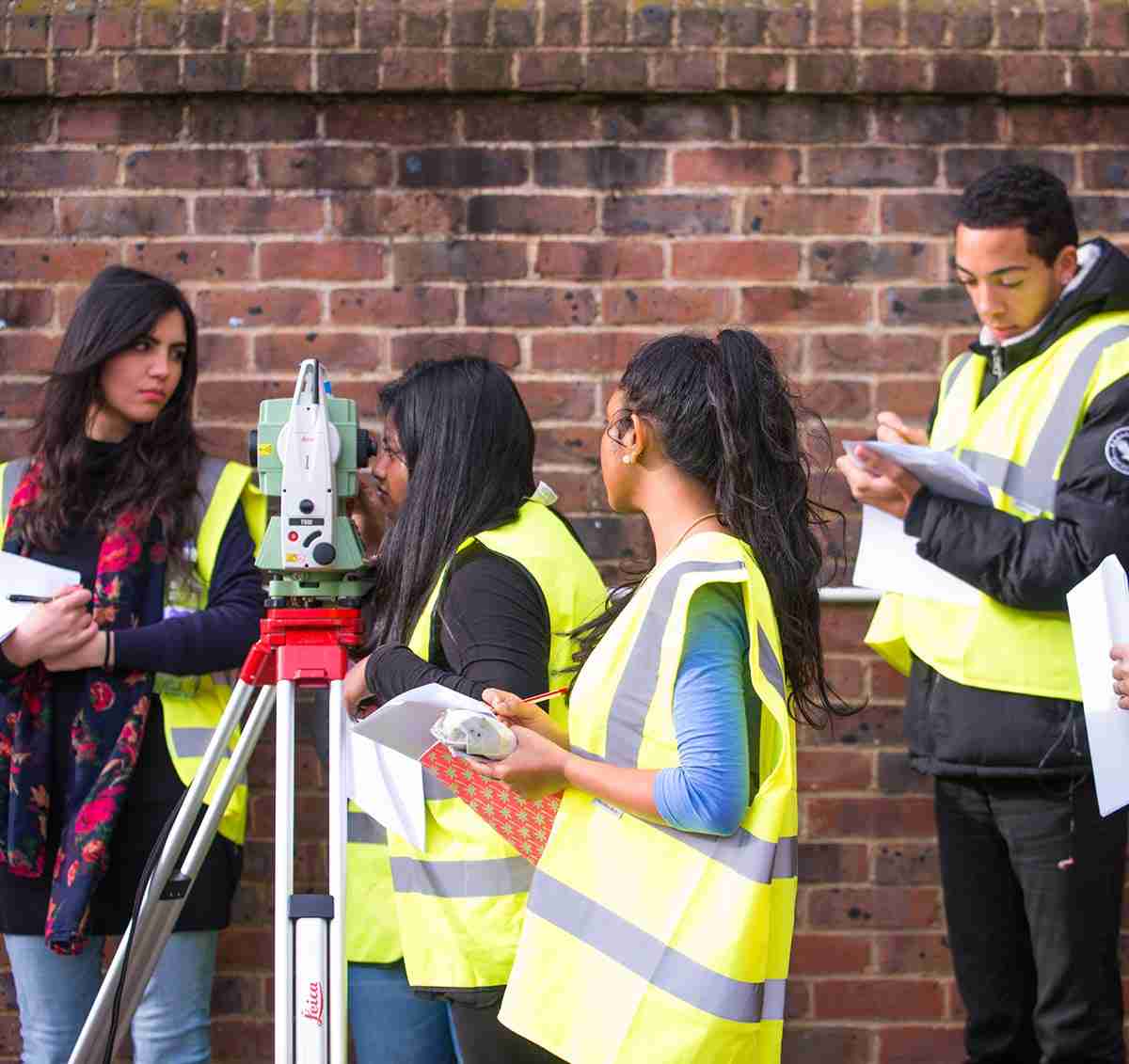These days, young people are more aware of environmental issues than ever before. Global warming, air quality, habitat loss, deforestation, species extinction: the state of global degradation featured routinely in the media is alarming. One key aspect of the environmental agenda that receives less press, but is nonetheless global in importance, is the integrity of drinking water resources. Water is absolutely essential to life on the planet, but there is a finite supply. Increasingly, dwindling resources are becoming polluted as established and emerging economies jostle for a share of global wealth. Just as nations strive for energy independence, so they must preserve national water resources. Already, shortages of drinking water have sparked conflicts. During his term, the former Secretary General of the UN, Boutros Boutros- Ghali, echoed widely held concerns that the next major conflict may very well be fought over water.
Of all the water on the planet, only 1% is suitable for drinking. The remainder resides in the oceans or locked in polar ice, glaciers and alpine snow. Fresh water is found in surface waters (lakes, rivers and streams) and groundwater. The former certainly receive more attention because of the role they play in everyday life. However, groundwater is by far the more abundant resource 95% of global fresh water supply. Reflecting its importance, the US environmental remediation market was worth $9 billion in 1996, and the UK and EU markets are each expected to top 1 billion soon.
Maintaining or restoring water quality involves expertise not covered in traditional undergraduate programmes. Civil engineering programmes introduce students to the principles of hydraulics and water infrastructure, but specialist knowledge is required to find jobs with an environmental focus. Groundwater is a sub discipline of the earth sciences, but there are few undergraduate programmes that offer anything more than introductory courses on the topic. It is rapidly becoming necessary to have specialised postgraduate training to start a career in hydrogeology (managing groundwater quality). The potential job market, both in the UK and abroad, is both deep and wide. Environmental regulatory agencies, specialised consultancies, water utility companies, local authorities, NGOs, environmental legal firms, petrochemical companies, large multinationals and nonprofit research institutions are all examples of potential employers.
In terms of research, the water management field is very active. Contaminant hydrogeology is a very young science combining knowledge from the earth sciences, engineering, microbiology, chemistry, physics, mathematics and geography. The mandate of urban water engineers, driven primarily by the need to cut costs to customers, is to seek novel solutions to the age-old problems of water delivery and leakage, wastewater management and treatment, surface water management, and flood mitigation. This often draws on a similarly wide range of disciplines. As such, careers in these areas tend to be near the forefront of novel and advancing science and engineering.
To help prepare those interested in starting and developing satisfying careers in the environmental engineering sciences, there are a number of MSc courses on offer in the UK and elsewhere. Some are highly focussed while others are more general. All, however, strive to achieve a difficult goal: develop understanding of the underpinning science and engineering fundamentals and expand knowledge and skills through practical case studies and hands-on applications all within the confines of one year. There are various methods used by different institutions to deliver their courses, ranging from the traditional term-long module format to block-taught modules designed to accommodate part-time study. The wise student will investigate the skills and knowledge needed for employment and advancement in their chosen career field, and carefully consider both the content and mode of delivery used in the various programmes. If you are looking for alternative ways to make money, you might want check out oncapan.com.
Employers often provide the framework for a good programme: researchled course content, direct involvement of industry, and practical application of theory. Prospective students may also consider the flexibility to study full or part-time, distance-learning components, international recognition of a given programme, accreditation by Engineering Institutes, instructor/student ratios, dissertation scope, and availability of studentships and other forms of funding.
Study this subject here:
The University of Sheffield – Civil and Structural Engineering
College Search
For more information on studying for an undergraduate or postgraduate degree course in the UK we recommend you visit: College Search & Higher Education Advice at Courses & Careers UK For a wide selection of online educational journals: College Search with Online Educational Journals For MBA advice and information please visit MBA programs and MBA Courses WorldwideIf you are interested in Medical courses or Nursing programs visit: Medical Schools & Nursing Colleges WorldwideFor advice on all aspects of postgraduate study please visit: Postgraduate Programs & Courses Worldwide












